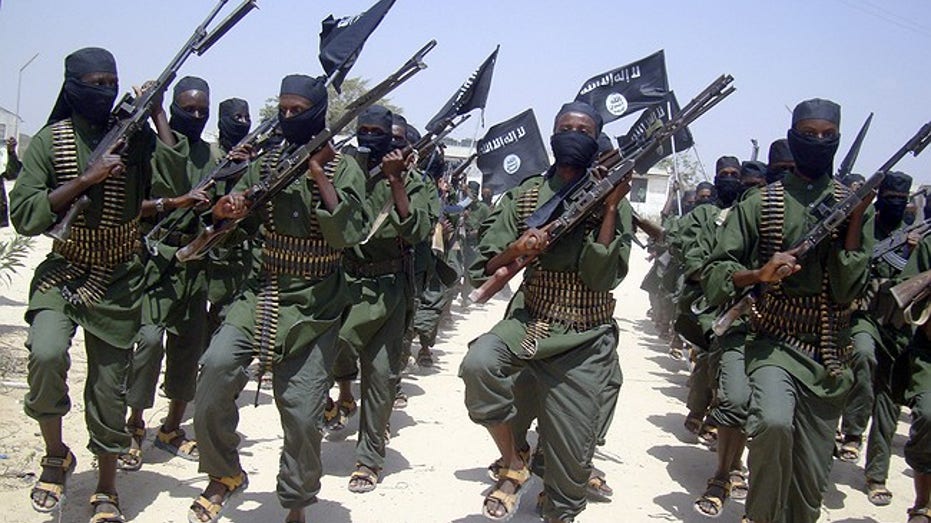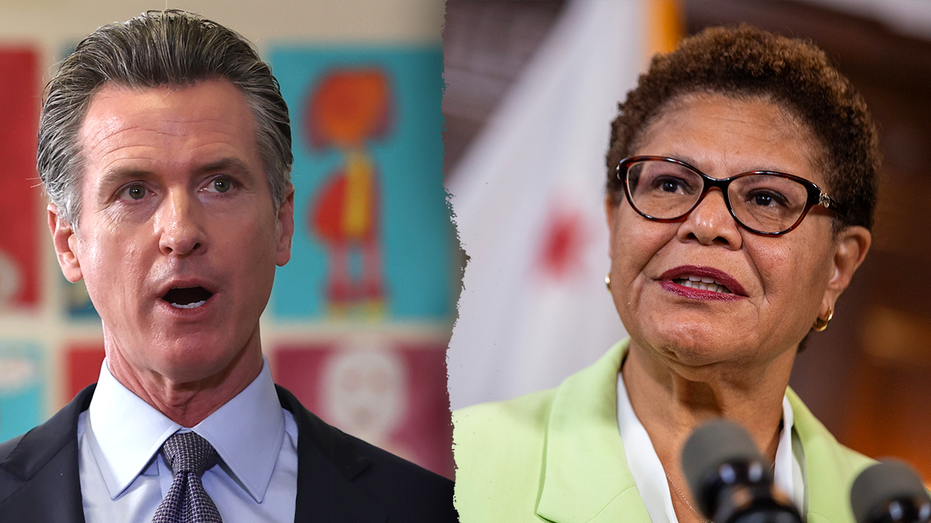US Implements Travel Ban for Certain African Nations Amid Bold Security Measures to Protect Americans from 'Terrorists'
President Trump imposes travel bans on 10 African nations citing security threats and visa issues.

President Donald Trump’s recent decision to restrict travel from 10 African countries is generating both praise and controversy as the administration frames it as a critical move to bolster national security following a high-profile terror attack in Colorado. The president announced the new measures on X, formerly known as Twitter, just days after a violent incident in Boulder allegedly perpetrated by an Egyptian man who had overstayed his U.S. visa. In a formal statement, Trump emphasized that the reinstated travel ban is intended to “keep the radical Islamic terrorists out of our country,” vowing a tough stance on foreign nationals deemed security threats.
Analysts and government officials have broadly supported the administration’s position, viewing the restrictions as part of a broader effort to mitigate international and domestic risks. Tommy Pigott, the State Department’s principal deputy spokesperson, underscored the move as “a national security imperative” during a Thursday press briefing. Several experts indicated the primary motivations for the expanded ban are rooted in both persistent instability in parts of Africa and strained diplomatic ties between certain countries and the United States.
Bill Roggio, a senior fellow specializing in counterterrorism, explained that many of the targeted African nations either harbor terrorist groups or lack positive engagement with U.S. authorities. Examples highlighted include Eritrea, which has faced U.S. pressure over alleged support for terrorism and human rights abuses, and Chad, where the current military regime expelled American troops in 2023, significantly affecting regional security operations.
The updated travel restrictions come amid mounting concerns about terrorist activity in several African states. Somalia, for instance, remains a stronghold for ISIS-affiliated militants and Al-Shabaab, al Qaeda’s local proxy. U.S. Africa Command reported five targeted airstrikes against these groups in under two weeks. Libya, another country included in the ban, continues to face chaotic civil conflict, lacking centralized authority and functional documentation systems—a reality that U.S. officials argue makes proper vetting of travelers nearly impossible.
Other countries on the restricted list present distinct challenges. Sudan, embroiled in prolonged civil unrest, has seen millions displaced and a visa overstay rate approaching 28%. In Eritrea, U.S. authorities cannot access criminal records, and the country has refused to take back nationals ordered removed by American courts, with a reported visa overstay rate of up to 55%. Chad, now the focus of U.S. and Russian rivalry, also faces scrutiny over high rates of overstays and reciprocal bans imposed on American travelers by Chadian authorities.
According to policy briefings, additional nations were included due primarily to exceptionally high visa overstay rates among their citizens. For example, some West African countries see upwards of 70% of F, M, and J visa holders remaining in the U.S. beyond their permitted time. Togo and Burundi, afflicted by endemic corruption, poverty, and political turmoil, also contribute to the broader enforcement push, with their nationals posting significant overstay figures.
Despite strong backing from sectors of the security community, critics have sharply condemned the new travel restrictions, labeling them as a renewed “Muslim ban” and arguing they unfairly target populations based on religion and nationality rather than credible, individualized threat assessments. Nonetheless, the administration contends that the moves are necessary to safeguard the homeland, drawing a direct connection between visa enforcement, immigration controls, and America’s broader counterterrorism strategy.
For now, the new measures signal a hardening of U.S. entry standards amid a volatile international climate, leaving thousands of would-be travelers and immigrants facing uncertain futures as geopolitical considerations and internal security priorities increasingly shape American border policy.




